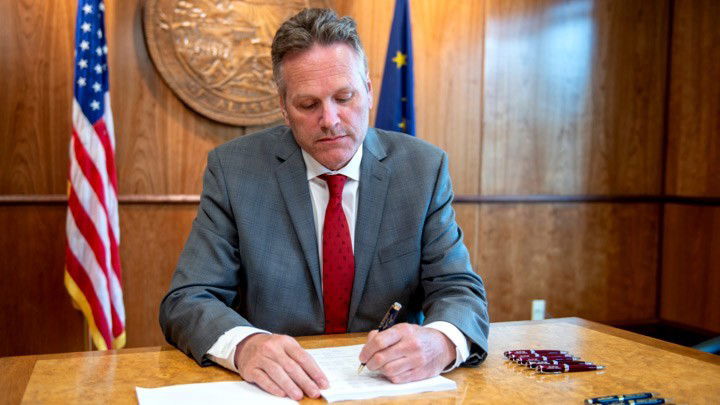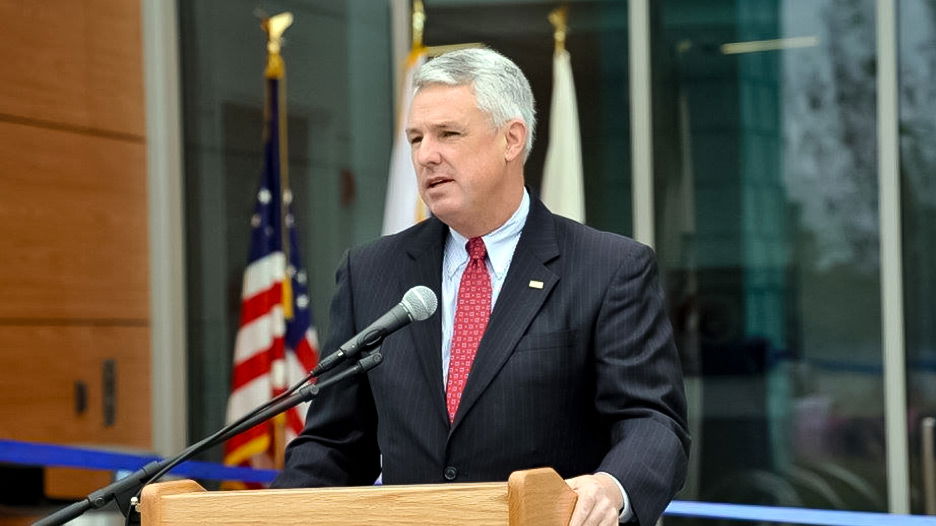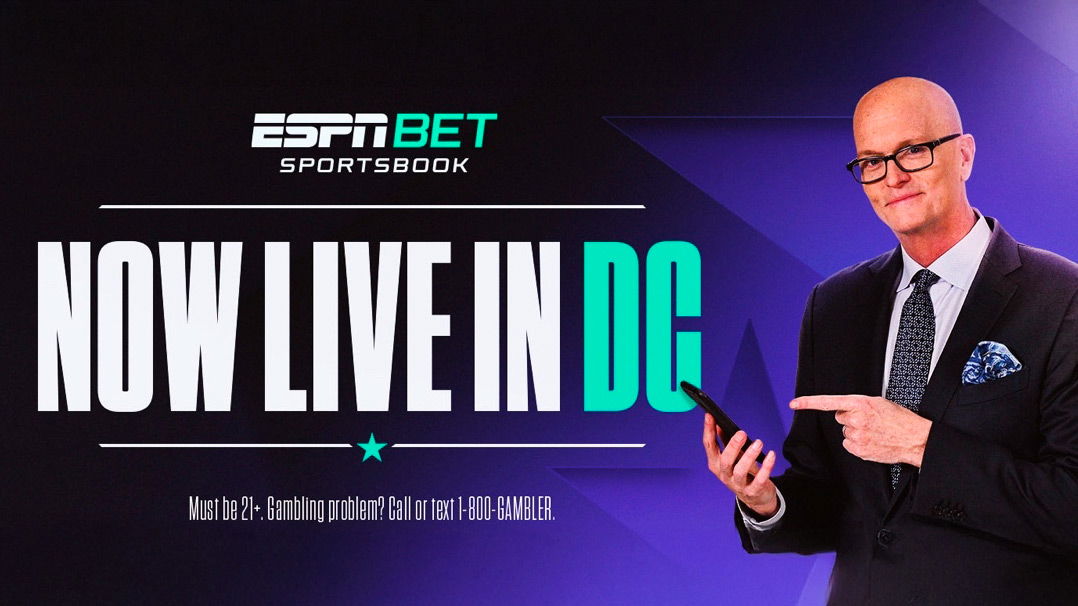Alaska Governor's bill to create a Lottery corporation could allow sports betting

In a new plan for Alaska’s first statewide lottery, Gov. Mike Dunleavy proposed Wednesday a state-owned corporation empowered to allow video lottery as well as keno, scratch-off tickets and sports betting.
Alaska is one of five states that doesn't have a lottery, according to the North American Association of State and Provincial Lotteries. Versions of a state lottery have been proposed in the past but stalled. The state currently allows charitable gaming, including bingo games.
The governor’s proposal shares space on the legislative docket with a more limited idea from House Majority Leader Steve Thompson, R-Fairbanks. He has proposed only a draw-style lottery, including the popular Powerball and Mega Millions, which are also included in the Dunleavy plan, as reported by Anchorage Daily News. Both of them have said their goal is to raise additional money for the state treasury and close a fiscal gap estimated at $1.5 billion if the state pays a Permanent Fund dividend of $3,100 to $3,200 per person.
A Department of Revenue official estimated the state could collect $100 million per year if the governor’s plan is implemented in full. Thompson’s plan would generate $8 million to $10 million in state revenue, he said. The administration expects that number would grow if additional games were added.
“Aside from creating a pathway that could lead to business opportunities, the purpose of the bill is to generate new revenues for the state,” the governor said in a statement accompanying his legislation. “In an era of declining state revenues, it is imperative for Alaska to consider new ways of funding government services that satisfy the public health and welfare needs of our citizens.”
The governor’s proposal earmarks lottery revenue for education “and to support public health and welfare programs,” but the Alaska Constitution forbids dedicated funds, meaning future legislators or governors could decide otherwise. Thompson’s bill does not designate where the money should go.
Both Thompson and the governor envision the lottery run by a separate organization. Thompson’s bill calls for an “Alaska State Lottery Board,” while the governor’s bill creates an “Alaska Lottery Corporation.”
Each organization would rely on hired contractors to run lottery programs, though the two bills differ on details. The governor’s plan envisions a three-year on-ramp for that corporation. In the first year, the corporation’s board of directors — appointed by the governor — would draft regulations to set up the lottery. The governor’s bill calls for $3 million to be appropriated to the corporation as seed money, and the corporation would also be able to take out loans.
“It is reasonable to assume that sales could begin in year two and that a lottery with instant and draw games could be fully operational by the third year after passage, with transfers to the state coming in that year,” said a Department of Revenue analysis. “For video lottery terminal games, it may be reasonable to allow for a longer ramp-up period,” the analysis states.
According to the text of the bill, “the corporation may conduct any type or kind of lottery game, including single-jurisdiction and multi-jurisdiction draw games instant tickets, sports betting, and keno. The corporation may conduct lottery games through the use of any media, including electronic terminals, computers, and the Internet.”
Jeff Turner, the governor’s deputy director of communications, said it is important to note that the governor himself is not proposing gambling on sports. Rather, Turner said, the corporation would be empowered to allow it if members chose.
Response from lawmakers has been mixed. Some see the potential new revenue as a plus, while others are critical of what they see as a lack of an overall fiscal plan from Dunleavy, the Associated Press reports.
“It still doesn't solve Alaska's fundamental fiscal problem,” Juneau Democratic Sen. Jesse Kiehl recently told reporters. Kiehl has advocated for changes to the state's oil tax structure and a broad-based tax, like an income tax. The state has no personal income or statewide sales taxes.
Both lottery bills have been referred to the House State Affairs Committee. The governor’s proposal is also scheduled to be examined by the Senate State Affairs Committee.
















































